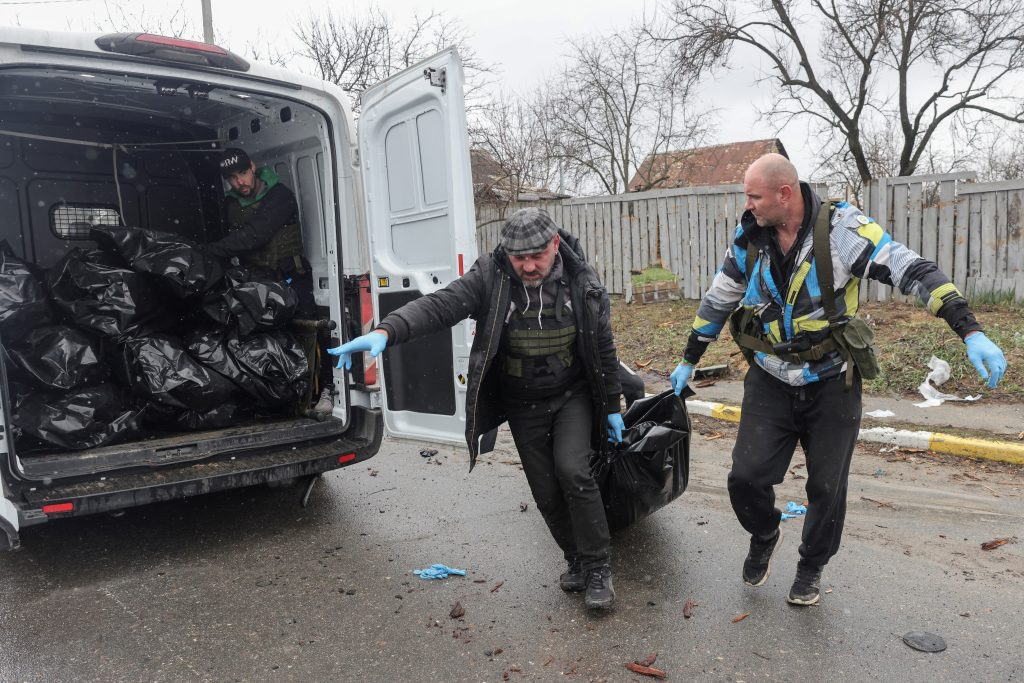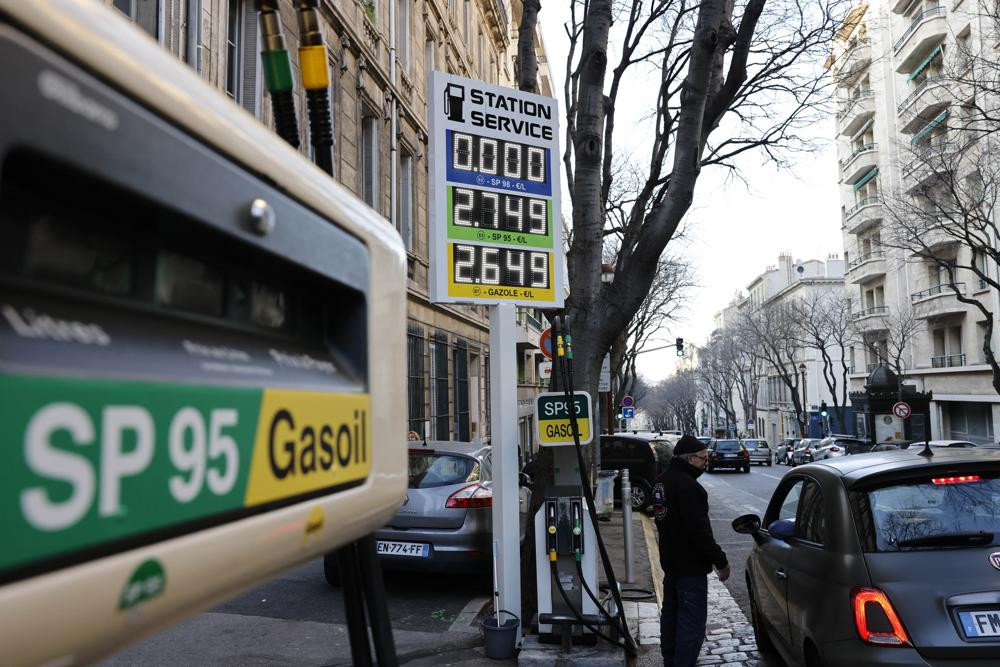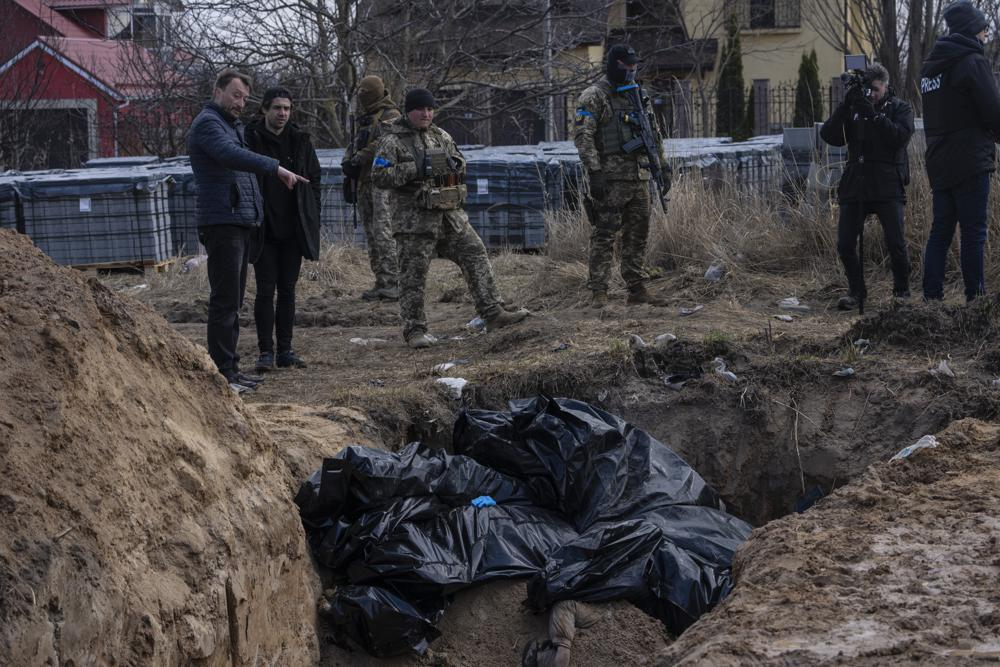The Cold War Never Ended

Ukraine, the China Challenge, and the Revival of the West
Does anyone have a right to be surprised? A gangster regime in the Kremlin has declared that its security is threatened by a much smaller neighbor—which, the regime claims, is not a truly sovereign country but just a plaything of far more powerful Western states. To make itself more secure, the Kremlin insists, it needs to bite off some of its neighbor’s territory. Negotiations between the two sides break down; Moscow invades.









